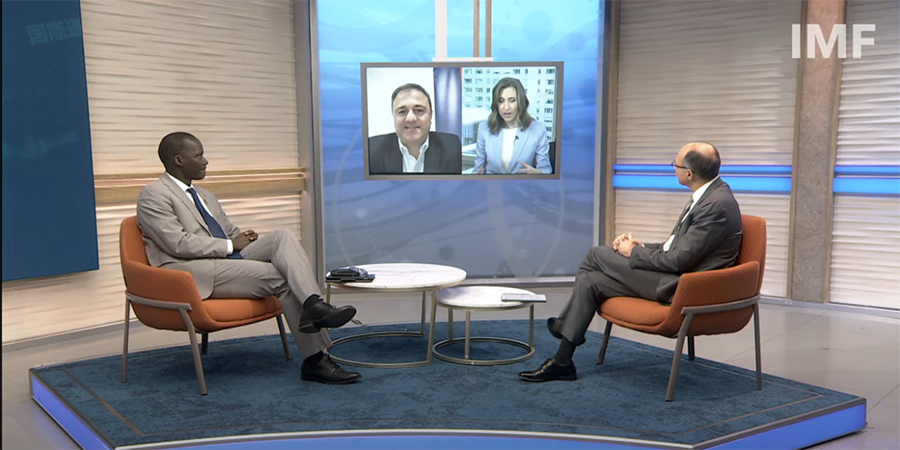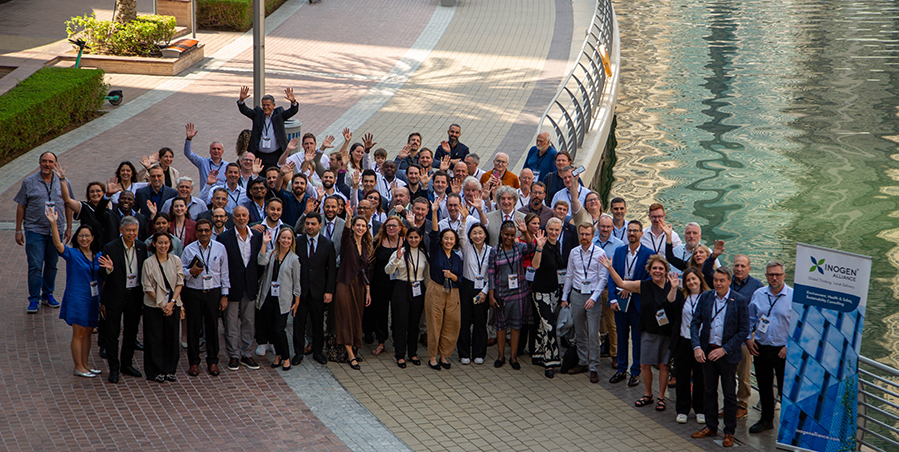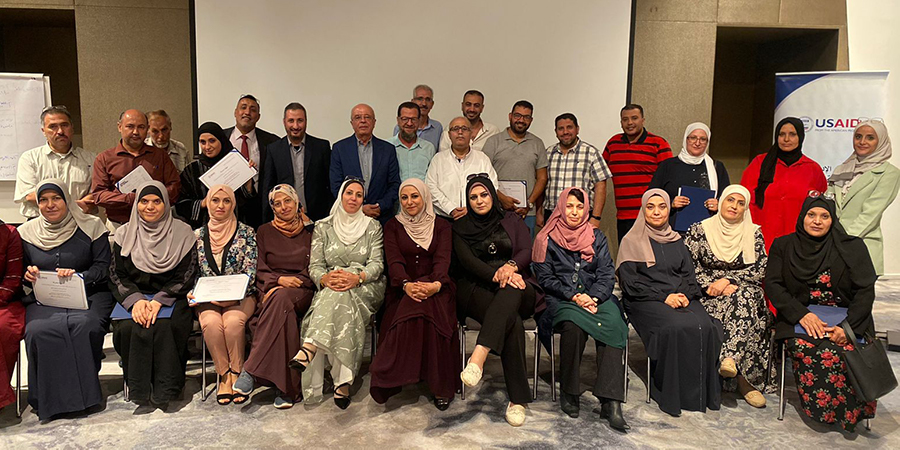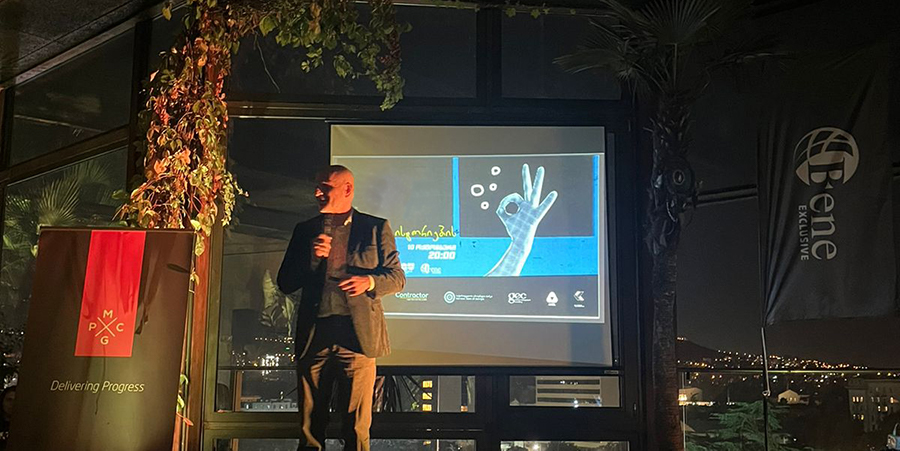PMCG’s CEO Gives Keynote Speech on Tax Reform at Pakistan Property Forum
On November 14, PMCG’s CEO and Chairman Aleksi Aleksishvili delivered the keynote speech at the 4th Pakistan Prosperity Forum in Islamabad, focusing on how successful tax reforms can ignite economic transformation. Hosted by the Policy Research Institute of Market Economy (PRIME) in collaboration with the Friedrich Naumann Foundation for Freedom Pakistan, this year’s forum was headlined “Tax Policy for Growth.”
Aleksishvili’s address drew a diverse crowd of policymakers, economists, academics, and business leaders, all eager to explore actionable pathways for Pakistan’s sustainable growth and prosperity. His expertise, grounded in his experience as the former Minister of Finance of Georgia, brought a practical perspective to discussions on tax policy reform – a critical subject as Pakistan confronts challenges in its current tax structure and searches for ways to boost economic stability.
Sharing Successful Reform Experience – Giving Georgia a Foothold for Economic Growth
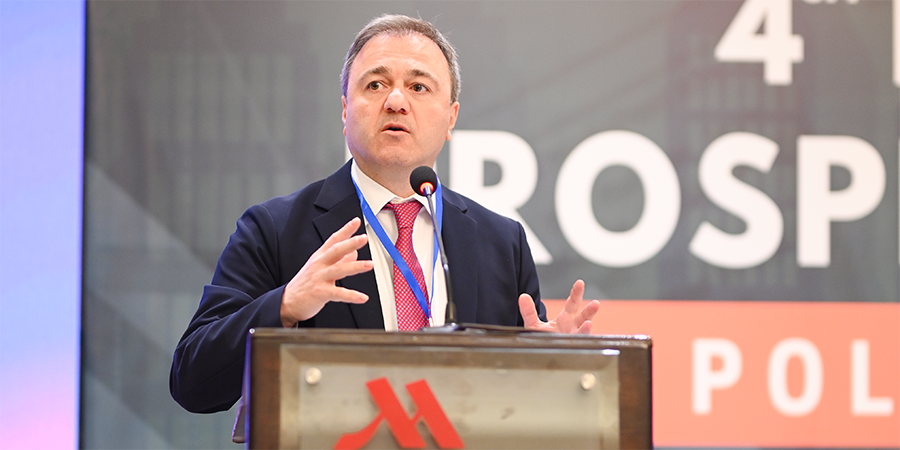
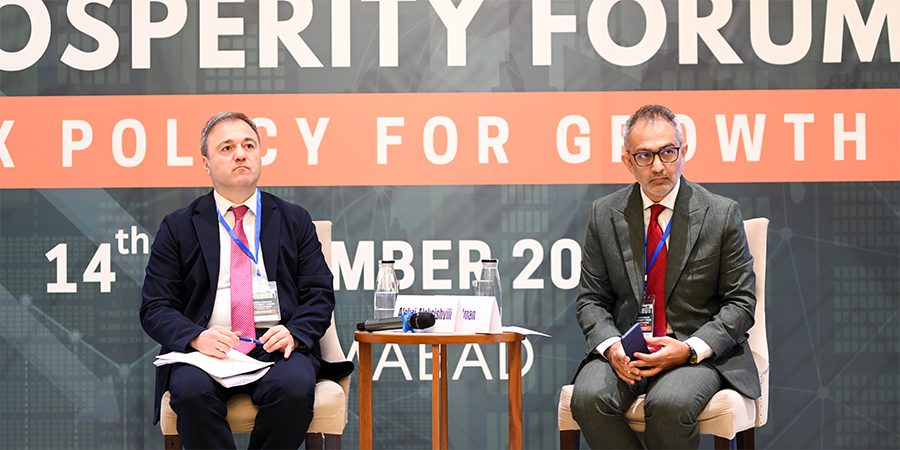
In a session titled “Economic and Fiscal Transformation: Tax Administration Reform – Case of Georgia,” Aleksishvili shared the history behind Georgia’s transformation, presenting a blueprint that Pakistan could also adapt. Recounting Georgia’s struggles in the 1990s—marked by rampant corruption, minimal government transparency, and a fragmented development policy—he described how his team streamlined Georgia’s tax framework, reducing it to six key taxes: personal income, corporate income, value-added, property, excise, and trade and customs duties. Ultimately, these changes helped to catalyze Georgia’s economic turnaround.
Aleksishvili illustrated how these reforms propelled Georgia up the World Bank’s Ease of Doing Business rankings, leaping from 100th place in 2006 to 37th in 2007, opening doors to new free trade agreements with the EU and China. While addressing the Islamabad crowd, he also described some of the obstacles which had to be overcome to enact the reforms, such as political instability, public mistrust, regional conflicts, and external pressure, some (or all) of which will be pertinent in Pakistan’s case.
Aleksishvili highlighted various milestones reached during Georgia’s vital reforms, including in tax administration and policy, free trade, budget policy, licensing and permits, privatization, and monetary policy. Furthermore, he stressed the importance of supportive political, policy, legal, and institutional frameworks as well as skilled and motivated human resources and hard infrastructure if reforms are to prevail.
“Tax policy and administration is the foundation of fiscal reform. Without sufficient revenue, a government cannot fulfill its responsibilities including funding education, healthcare, and infrastructure. Thus, in the absence of taxation, government actions are not only limited but fundamentally inefficient,” said Aleksishvili.
During the forum’s other sessions, Rizwan Rawji (a supply side economist) covered Pakistan’s IMF future, while Dr Ali Salman (Executive Director, PRIME) and Dr Mahmood Khalid (Senior Economist, PIDE) shared insights on the proposals and economic implications of the PIDE-PRIME Tax Reform Plan.
